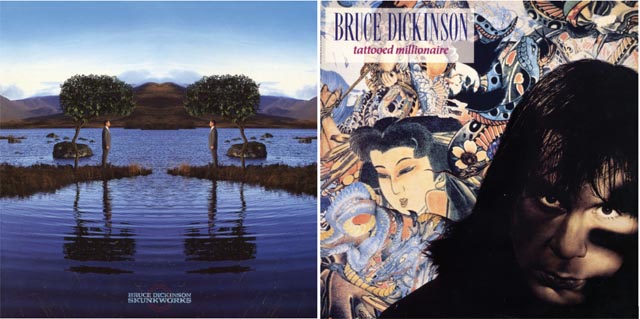
The news is now official: Apple is discontinuing their iTunes software. Senior Vice President of Software Engineering Craig Federighi made the announcement during their Worldwide Developers Conference on Monday (3rd), confirming what people had been speculating all weekend. According to the speech and subsequent press release, iTunes will be phased out this fall with the roll out of macOS Catalina, the latest Mac operating system.
Instead of one app serving many functions, iTunes will be broken down into three apps. As originally expected, these will be the Apple Music, Apple Podcasts and Apple TV apps. Apple Music will give users easier, more streamlined access to their music, whether it’s the company’s highly popular streaming service or the user’s own music library and playlists. Those who choose to continue owning their own music will still be able to purchase songs through the integrated iTunes music store or rip them straight from a CD. Apple TV will allow users to buy, rent and watch television shows and movies. The app will also support the company’s upcoming Apple TV+ video subscription service. Finally, Apple Podcasts will offer up more than 70,000 podcasts, helping users stay on top of their favorites and discover new ones through “curated collections by editors around the world” and “advanced search tools.”
The new operating system will still allow users to sync their media and devices by cable through these new apps. If on a Mac, the sync will show up in the Finder sidebar.
Apple’s iPhone operating system has already been using this three-app system for a couple of years now, but if you have an older iOS you may need to get your Apple refurbished before you can take advantage of it. By updating the macOS to the same system, the company will be “aligning the user experience” across all of their products, something Apple looks to be stressing with many of the announced updates. Another new feature of Catalina will be Sidecar, which will allow desktop users the opportunity to use their iPad as a second screen or drawing pad with Apple Pencil. The new operating system will also make it easier for developers of third-party apps to make a product that will be compatible with the iPhone, iPad and Mac.
Launched in 2001, iTunes played a vital role in the rise of digital media, especially when it came to the music industry. The software helped make downloading songs common practice, providing a simple user interface that was easily accessible for those who weren’t tech savvy.
As previously noted, the separation of music, TV and podcasts into three separate apps will help bring Apple in a new direction. With decreased iPhone sales and increased use of the company’s software products, the new apps allows them to drive their focus away from being known solely as an electronics company and more towards a multifaceted entertainment brand.
There is no word yet on if iTunes will still exist for PC users with iPhones/iPods/iPads or if that too will be replaced by the three-app system.











